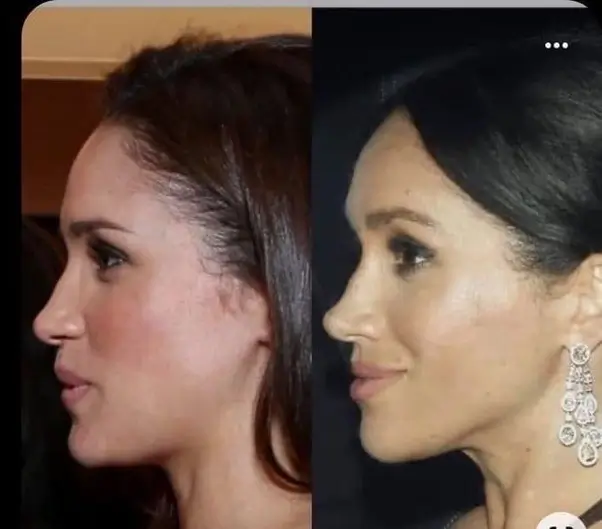King Charles III extended a warm welcome to President of the European Commission Ursula von der Leyen at Windsor on Monday.
The pair chatted over a cup of tea and, according to a royal source, the meeting was an opportunity for the British sovereign to discuss the war in Ukraine and climate change with the visiting dignitary.
Looking at the photograph of the moment, you may not see anything controversial, but it sparked this response from former BBC Royal Correspondent Peter Hunt, who tweeted:
“This is a very serious error of judgment by King Charles and his advisors. He’s abandoned his unifying role and entered the political fray, in a foolish bid to be seen as statesmanlike. History won’t be kind. Someone’s head will roll.”
For context, Von der Leyen is not a head of state. Her counterpart in the UK is Prime Minister Rishi Sunak. An audience with the King was therefore a special privilege and falls under the category of “rolling out the red carpet” – which the British government often leans on when VIPs fly into town.
But it wasn’t the meeting itself that drew criticism, it was the timing of the diplomatic gesture.
Von der Leyen had indeed come to the UK to meet Sunak so the pair could finalize a new UK deal with the European Union on post-Brexit trade arrangements in Northern Ireland. With its history of sectarianism and violence, the province is a deeply sensitive political issue, as is Brexit.
From Sunak’s point of view, the key challenge was winning support for a new protocol from two key groups: The Democratic Unionist Party (DUP), which wants Northern Ireland to remain a full part of the UK, and the European Research Group (ERG), which is made up of pro-Brexit Conservative lawmakers. Both these groups have an interest in limiting Europe’s jurisdiction in Northern Ireland. They are also both firmly pro-monarchy.
When it emerged that the King would hold an audience with Von der Leyen, critics questioned both the government and the palace’s judgment, their argument being that his involvement could be interpreted as an implied endorsement of the political deal when, constitutionally, he’s supposed to remain above politics.
Many questioned whether Sunak had used the monarch to make his deal more palatable to the DUP and ERG.
If that was the plan, it backfired.
Former DUP leader Arlene Foster tweeted her disbelief that “No10 would ask HM the King to become involved,” before labeling the move “crass” and predicting it would “go down very badly in NI (Northern Ireland).”
She added: “We must remember this is not the King’s decision but the Government it appears are tone deaf.”
“I think the sovereign should only be involved when things have been completed and accepted,” Jacob Rees-Mogg, of the ERG, told GB News. “The King gives assent to acts of parliament when parliament has agreed, he doesn’t express his view on acts of parliament when they are going through the process. I think the same applies, that His Majesty should not be involved until there is full support for this agreement.”
The palace made it clear it didn’t arrange the meeting. A spokesperson told CNN: “The King is pleased to meet any world leader if they are visiting Britain and it is the Government’s advice that he should do so.”
For the government, UK Foreign Secretary James Cleverly told LBC radio: “It was our invitation to Ursula von der Leyen to come to the UK to finalize this deal with the prime minister. So of course, that was a conversation we had with the palace.” He added that “the final decision, of course, on the availability of His Majesty is with the palace.”
It’s unimaginable, however, that the King would refuse a request from the government without good reason.












